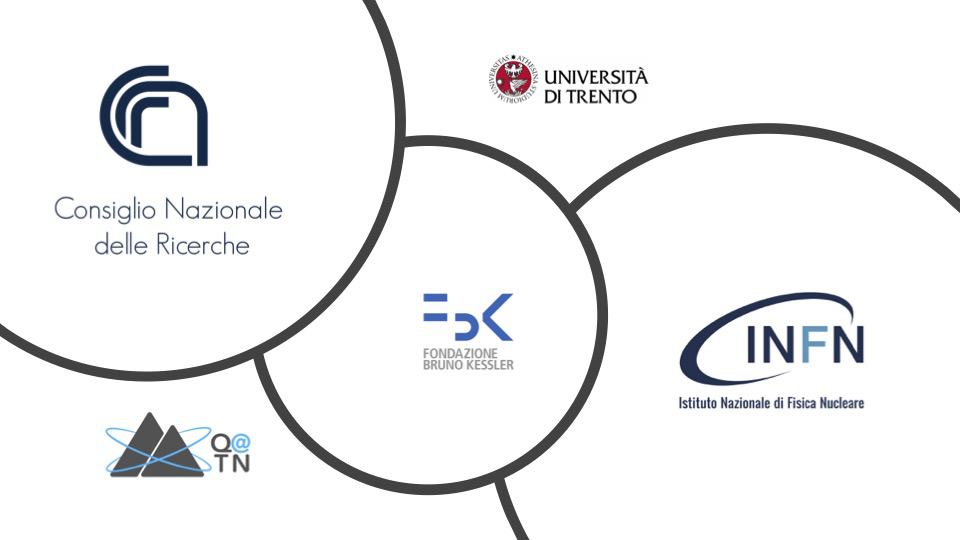Speaker
Description
Physical systems in proximity of phase transitions develop a diverging susceptibility, and so they represent a compelling tool for sensing applications. Iconic examples of critical sensors of high technological relevance are bubble chambers and transition-edge detectors. Even as they involve quantum processes, these devices are based on a classical sensing strategy. However, critical quantum systems develop highly nonclassical properties that can be exploited to achieve quantum-enhanced sensing. Here, we show that optimal (Heisenberg-limited) sensing can be reached using critical phase transitions taking place in small-scale solid-state quantum technologies, without the need to implement and control complex many-body systems. We then propose a quantum-sensing protocol based on the driven-dissipative phase transition observable in a parametrically-pumped superconducting Kerr resonator. Finally, we propose specific applications for quantum magnetometry, superconducting-qubit readout, and microwave photodetection.

